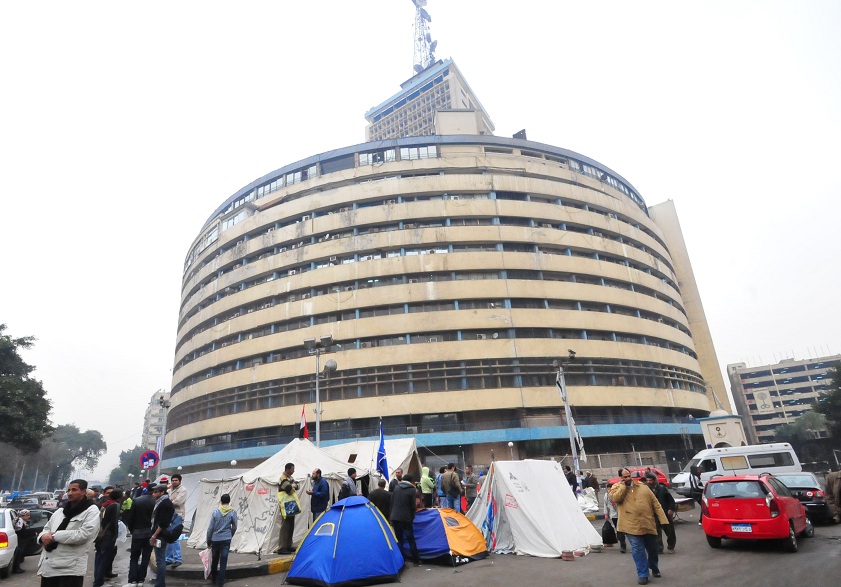THE HAGUE: The International Criminal Court prosecutor Luis Moreno-Ocampo will on Wednesday name six Kenyans alleged to have masterminded the 2007-08 post-election violence that claimed 1,500 lives.
The Hague-based court took charge of trying key suspects, in what was the country’s worst violence since independence in 1963, after Nairobi last year failed to set up a tribunal in line with agreements that ended the chaos.
Moreno-Ocampo said earlier this month he had wrapped up his investigations and was going to ask the ICC judges to issue six summonses.
"Their guilt or innocence will be decided by the judges at the end of the judicial process," he said. Arrest warrants would only be necessary if the suspects failed to respond.
The prosecutors will speak to journalists 1100 GMT, but he has previously indicated that the suspects are from or linked to the two sides of Kenya’s coalition government.
President Mwai Kibaki’s Party of National Unity shares power with and Prime Minister Raila Odinga’s Orange Democratic Party.
With the ICC announcement pending, Kenya’s political class has been galvanized into action, but in what critics say is a bid to head off ICC action.
Kibaki’s office announced on Monday it was launching its own investigation.
"Consequently, irrespective of what transpires at the ICC on Wednesday 15th December, 2010 and in view of the fact that ICC is only a court of last resort, the government will establish a local judicial mechanism…" said a statement.
But critics dismissed the initiative, arguing that the country’s deputies had twice already thwarted efforts to form a tribunal to investigate the violence.
"I don’t believe that Kenyans are taking it very seriously because they know it would take a while to actually pass the law to make this court a reality," Mwalimu Mati of the Kenyan anti-graft watchdog Mars Group told AFP.
Ministers and top government officials are widely believed to be among those Moreno-Ocampo will name as allegedly having masterminded the violence.
Kenya will be the ICC’s fourth African case after Sudan, the Democratic Republic of Congo and Uganda’s Lord’s Resistance Army rebels.
The ICC, which started operating in the Hague in 2002, is the world’s only independent, permanent tribunal with the jurisdiction to try allegations of genocide, war crimes and crimes against humanity.
Kenya was plunged into violence after the December 27, 2007 general elections in which the then opposition chief Odinga accused Kibaki of having rigged his re-election.
What began as political riots soon turned into ethnic killings targeting Kibaki’s Kikuyu tribe.
They launched reprisal attacks in which homes were torched, people hacked to death and some 300,000 forced to flee their homes.
The violence only ended after Kibaki and Odinga agreed to work in a power-sharing government under a deal brokered by former UN chief Kofi Annan.


